As reported by Euronews on May 28, Icelandic Prime Minister Kristrún Frostadóttir stated that Iceland, despite lacking a standing military, must increase its role in Arctic security. Speaking after a meeting with NATO Secretary General Mark Rutte in Brussels, she emphasized the need for Iceland to adjust its defense posture and spending, including increased spending on defense-related investments such as strengthening the Keflavik Air Base and port facilities. She indicated that further proposals would be presented at the upcoming NATO summit in June and expressed support for NATO’s proposed increase in defense spending targets. (Euronews)
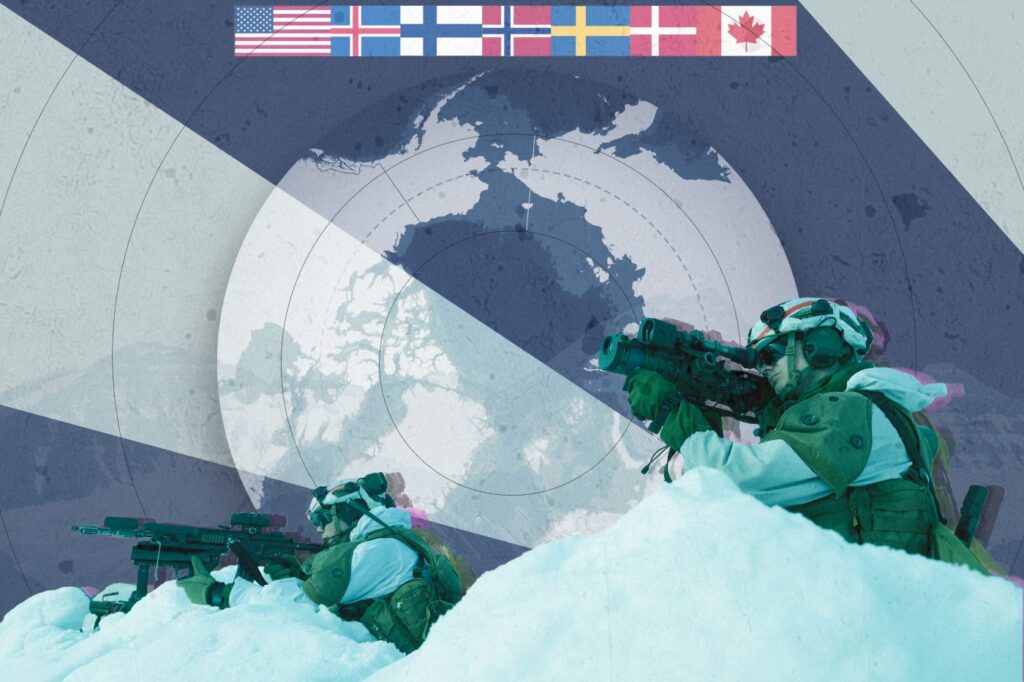
Iceland’s call for greater Arctic involvement highlights the complex security challenges facing smaller NATO allies in an increasingly militarized region. As a country without a traditional military, Iceland faces unique difficulties in asserting its Arctic interests while Russia and China expand their presence through joint patrols and military exercises. Despite its limited conventional defense capabilities, the island nation’s location between North America and Europe cements its importance. Iceland’s focus on infrastructure investments rather than weapons systems reflects a realistic approach to contributing to collective Arctic security. The country’s partnership with Norway and the UK in using AI to detect hostile Arctic activity demonstrates how smaller nations can leverage technology and intelligence sharing to remain relevant in regional security frameworks. With cargo transportation along Russia’s Northern Sea Route reaching record levels, Iceland’s position becomes increasingly valuable for monitoring and responding to Arctic developments. Iceland’s approach of emphasizing host nation support and infrastructure development offers a model for how to support Arctic deterrence rather than increasing military presence. (Arctic Today, The Wall Street Journal, World Wildlife Fund)
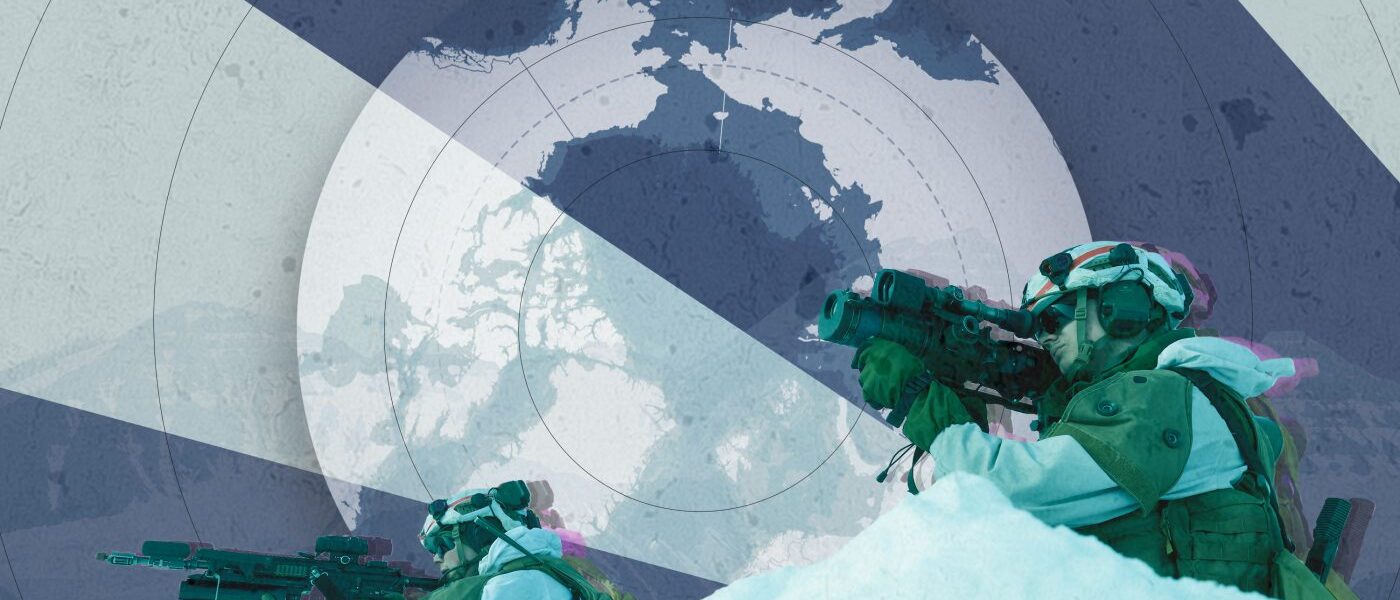
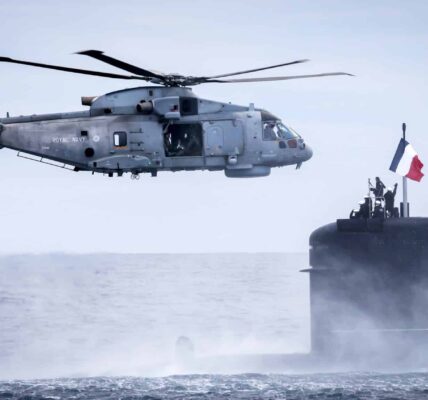

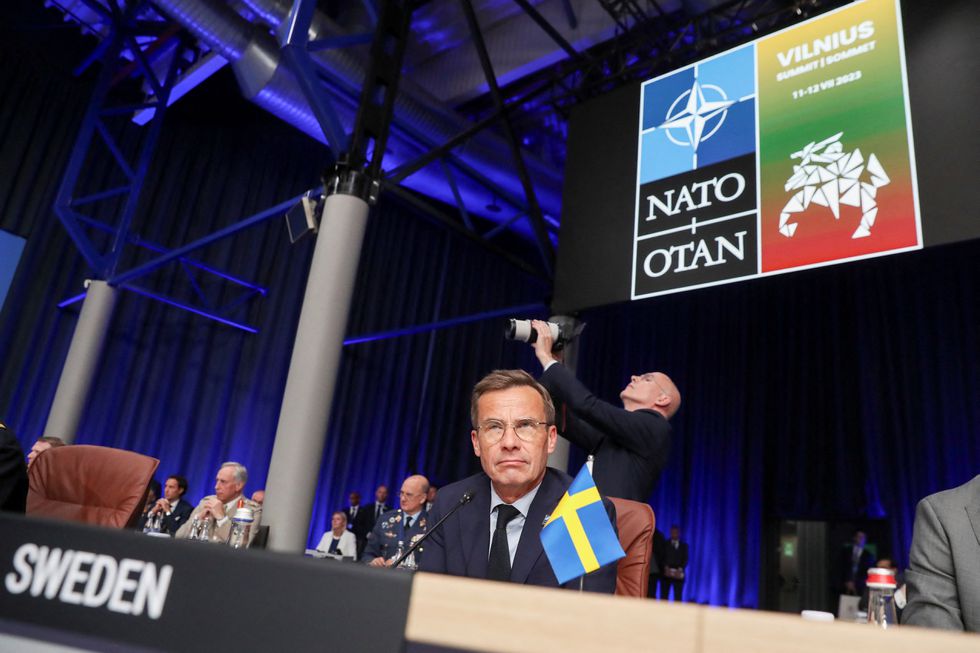
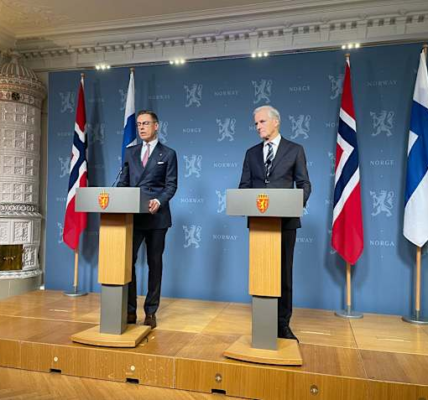
Average Rating